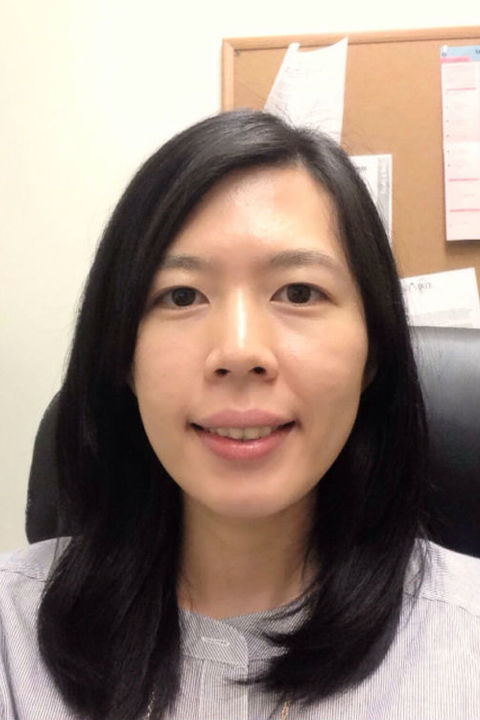Ohio, like many states, suffers from a teacher shortage, especially in early childhood education and special education. The Buckeye State also is in need of more school psychologists, analysts say.
It’s fortunate, then, that the United States Department of Education Office of Special Education Programs just awarded a million-dollar grant to two Kent State University researchers to train teachers and school psychologists in those fields.


Ching-I Chen, Ph.D., and Kizzy Albritton, Ph.D., assistant professors in the School of Lifespan Development and Educational Sciences in Kent State’s College of Education, Health and Human Services, received a five-year, $1.13 million grant for their project, “Interdisciplinary Preparation in Early Education Professions (Project INPREP), to train education professionals who can not only fill those gaps, but also collaborate in a way that bridges the gaps between those fields in the schools.
“This personnel preparation grant is for the Special Education and School Psychology programs to collaborate with each other so we can train our master’s level students together,” Chen said. “The project scholars enrolled under the Special Education program will be individuals who have an existing teaching license in early childhood education or in K-12 special education, and they’re interested in working in preschool inclusive settings.”
After two years, Chen’s students will receive a master’s degree in special education as well as an endorsement in preschool special education.
“For the School Psychology program, we have a three-year master’s/specialist-level program,” Albritton said. “For the ensuing years, they’ll be part of the training grant, and in the third year, students in our program go to a full-year paid internship.” That internship is funded through the State of Ohio Department of Education.
Chen and Albritton said many preschool special education teachers often only have a general understanding of school psychologists’ roles.
Many preschool special education teachers only know you can use the school psychologist when conducting assessments, and when evaluating whether children are eligible for preschool special education services,” Chen said. “They don’t know school psychologists are also great resources for providing developmental, academic, and social emotional supports as well. So, when they are in their training period, why not teach them how to work with school psychologists, then when they’re in the field they’ve had the experience of teaming up, and it’ll be easier transitioning to the real world.
Albritton said both of them have been waiting on an opportunity like this one.
“A lot of our coursework in the field of school psychology focuses on K-12 populations,” she said. “So, as a faculty member and researcher, my goal has been to move the field to focus more on early childhood, because if we’re going to do early intervention, it doesn’t get much earlier than preschool.
Chen said the project scholars will work in the classroom at least one day each week with general educators in early childhood education, learning to support all children while also providing individual support for children who need it. They will also work closely with a school psychologist at the preschool level.
Project scholars will take shared courses in consultation models and theories, typical and atypical childhood development, and also interventions for culturally diverse students. They will also complete action research projects with a collaborating field professional and a focus child, which will enhance their practicum experiences.
Kent state will work with the Summit County Educational Service Center's preschool consortium on the project.
“They’ve been great partners,” Albritton said. “Our students have completed internships and practicum with them before. We chose them for that reason, and because they also provide preschool services for about 10 school districts. So, with that, hopefully the project scholars will be able to see a wide range of different settings.”

